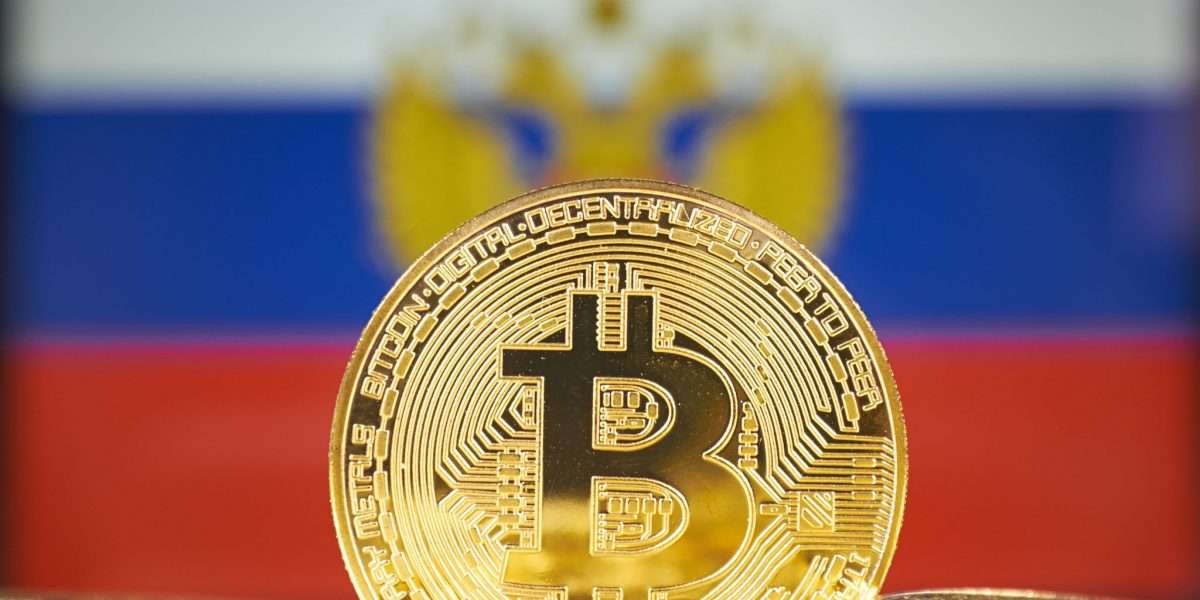According to new legislation enacted by the lower house of parliament, banks in the Russian Federation will not be permitted to contact their clients using a variety of well-known messaging services. Platforms with foreign bases are subject to the ban.
The Federal Service for Supervision of Communications, Information Technology, and Mass Media, Roskomnadzor, has not officially released a list of the impacted applications, but Telegram, Whatsapp, Viber, and similar apps match the bill, according to the business daily Kommersant.
The State Duma restricted the use of this sort of messaging service for correspondence containing sensitive information such personal data or documents related to payments and money transfers in the draft bill, which was approved in the third reading.
According to the report, the limits apply to all financial institutions, not just banks, including brokers, corporations involved in the securities market, management companies, investment funds, private pension funds, and depositories.
According to Anatoly Aksakov, head of the parliamentary Financial Market Committee, the Russian Ministry of Digital Development, Communications and Mass Media will be tasked to oversee the ban, not the Central Bank of Russia in this case. Commenting for Kommersant, he also stated:
Credit organizations, of course, are very careful about the implementation of the law, and are unlikely to violate it. Therefore, obviously, they will take steps to avoid falling under sanctions.
Industry insiders remarked that instant messengers are rarely used to speak with customers in interviews with the media, especially by major firms who have created their own programs with built-in support chats.
According to investment advisor Tatyana Evdokimova, some use third-party solutions, most frequently secure platforms, to communicate with clients, exchange papers, finalize agreements, upload data, and report to the central bank. She added, “We know what personal data protection is, and we have been following certain rules for a very long period.

